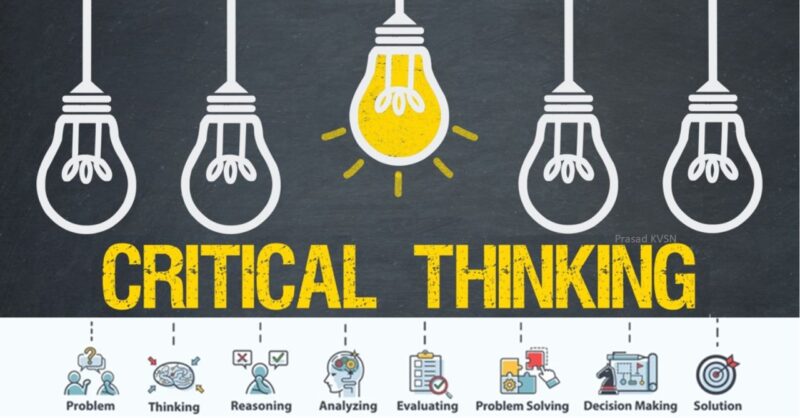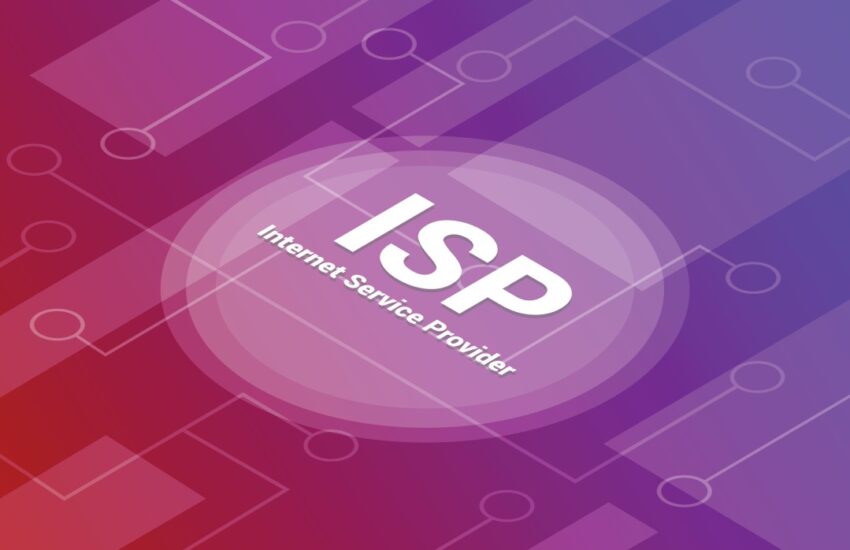Data-Driven Success: The 4 Essential Competencies for Thriving as a Data Professional
Data scientists are the masterminds behind extracting meaningful information from vast amounts of data. They possess a unique skill set that combines statistical analysis, programming, and domain expertise to uncover patterns, trends, and correlations that can drive business growth.
By utilizing advanced analytics tools and techniques, data scientists are able to transform raw data into actionable insights. These insights enable organizations to optimize their operations, improve customer experiences, identify new market opportunities, and make strategic decisions with confidence. There are many qualities that a leading data scientist should have in order to do their work to the best of their abilities.
Competency 1: Technical Proficiency in Data Analysis and Interpretation

Data analysis skills encompass a range of techniques and tools that enable individuals to extract meaningful information from raw data. This includes proficiency in statistical analysis, which involves applying statistical methods to uncover patterns, correlations, and relationships within datasets. By utilizing statistical techniques such as regression analysis or hypothesis testing, professionals can draw accurate conclusions from the data they analyze.
Furthermore, a solid understanding of SQL programming is essential for efficient data analysis. SQL (Structured Query Language) enables users to retrieve and manipulate vast amounts of data stored in relational databases. Proficiency in SQL allows professionals to efficiently query databases, perform complex joins between tables, filter and sort data based on specific criteria, and aggregate information using functions like SUM or AVG.
However, technical proficiency alone is not enough; it must be complemented by strong data interpretation techniques. Data interpretation involves the ability to extract meaningful insights from analyzed data sets and translate them into actionable recommendations or strategies. It requires critical thinking skills to identify patterns or anomalies within the data and draw logical conclusions based on evidence.
Competency 2: Strong Domain Knowledge and Understanding of Business Context

Business acumen goes beyond technical skills and encompasses a comprehensive understanding of how different aspects of a business work together. It involves being aware of industry trends, market dynamics, customer behavior, and competitors’ strategies. With this knowledge, data scientists can effectively identify patterns, make informed decisions, and provide valuable insights that drive business growth.
Industry expertise allows data scientists to tailor their analyses and models to specific challenges faced by businesses in their respective sectors. By understanding the nuances of an industry, they can develop relevant solutions that address unique challenges or capitalize on emerging opportunities.
The main Data Scientist Role is having a strong domain knowledge to generate accurate analyses and also translate their findings into actionable recommendations for stakeholders across different departments. Their ability to communicate complex concepts in a clear and concise manner helps bridge the gap between technical analysis and practical implementation.
Competency 3: Effective Communication and Collaboration Skills with Stakeholders

Effective communication and collaboration skills are crucial for data professionals when engaging with stakeholders. In today’s data-driven world, the ability to effectively communicate complex insights to a non-technical audience is essential.
Data professionals must possess strong communication skills to bridge the gap between technical jargon and layman terms. They need to be able to articulate their findings in a clear and concise manner, ensuring that stakeholders understand the implications and potential impact of the data.
Presenting insights to a non-technical audience requires the use of visual aids such as charts, graphs, or infographics. These visual representations help simplify complex information and make it more digestible for stakeholders who may not have a deep understanding of data analytics.
Collaboration is also key when working with stakeholders. Data professionals need to actively involve stakeholders in the decision-making process by seeking their input and feedback. This collaborative approach ensures that all parties are aligned on objectives, expectations, and outcomes.
Competency 4: Problem-Solving and Critical Thinking Abilities to Drive Data Insights and Solutions

Data problem-solving skills involve the ability to break down complex problems into manageable components, analyze relevant data, and develop innovative solutions. This requires a combination of analytical thinking, logical reasoning, and creativity. By applying critical thinking in data analysis, professionals can question assumptions, evaluate evidence objectively, and make informed decisions based on sound reasoning.
By honing their problem-solving and critical thinking abilities in the realm of data analysis, professionals can effectively tackle challenges such as identifying trends or outliers in large datasets, optimizing business processes based on data-driven insights, or developing predictive models for future scenarios.
By mastering these essential competencies for data-driven success, individuals can position themselves as valuable assets within their organizations while driving innovation and achieving tangible results. Embracing a culture of continuous learning will ensure that individuals stay ahead of the curve as new technologies and methodologies emerge in the dynamic field of data-driven decision making.



